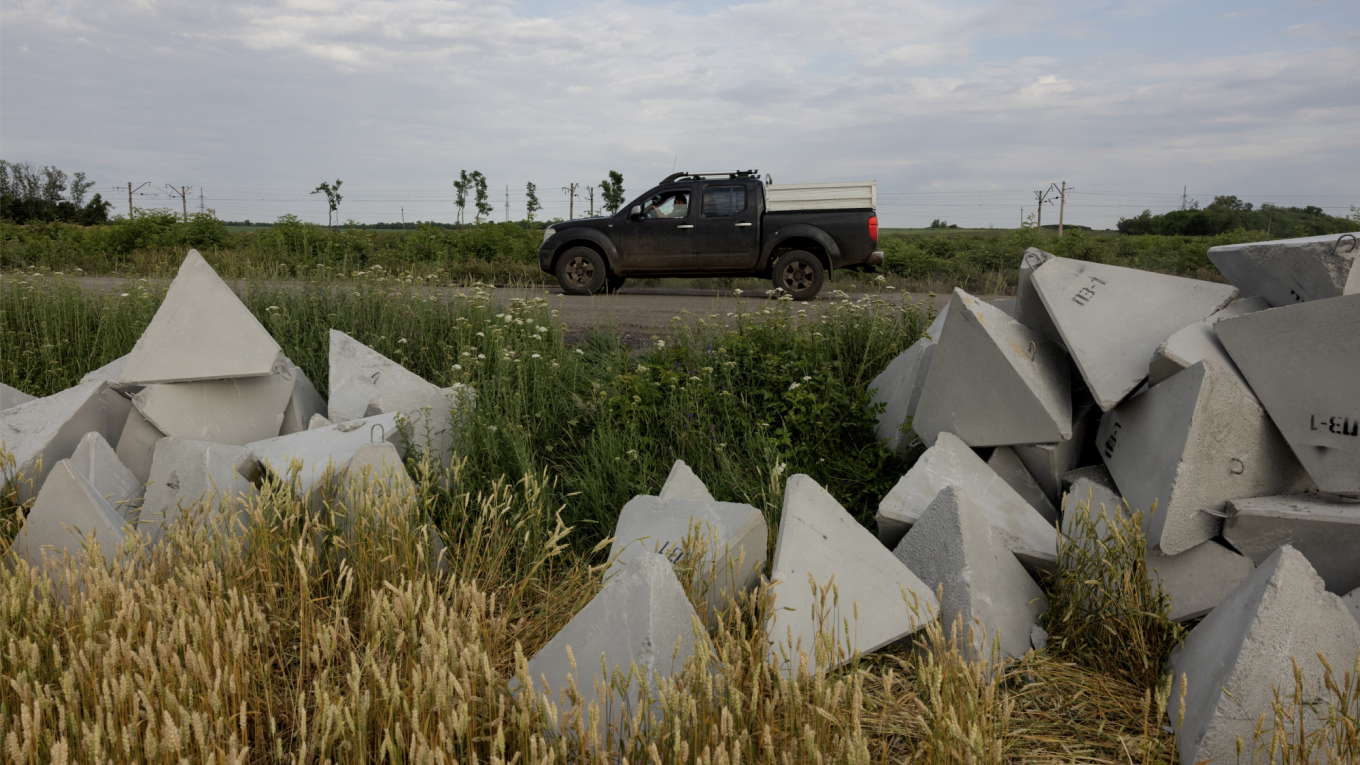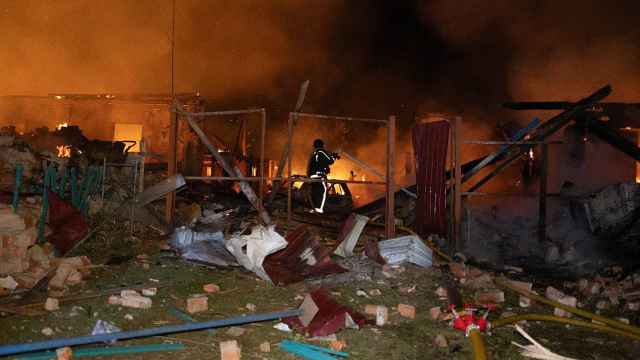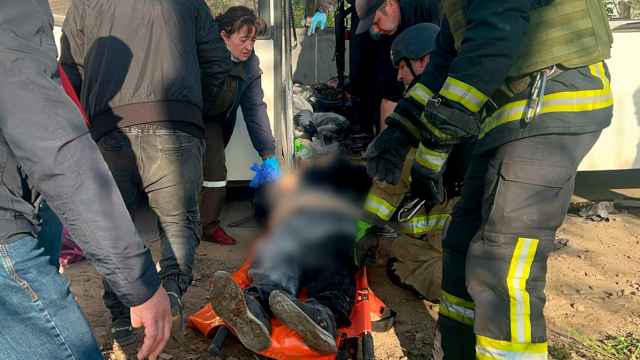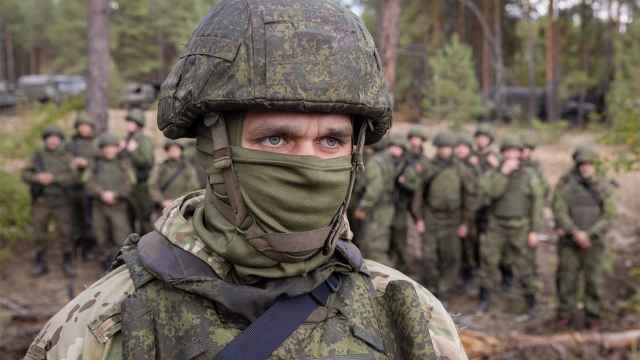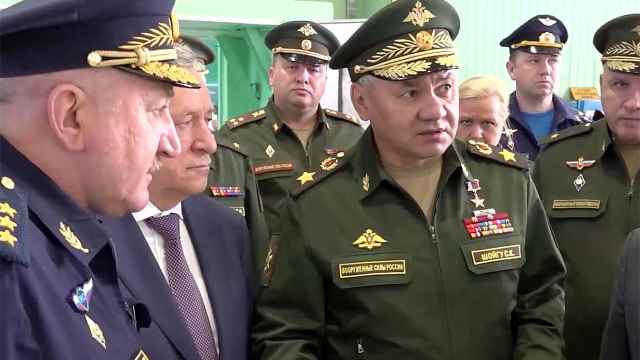Russia on Saturday said it had captured a new village in Ukraine's central Dnipropetrovsk region, which Moscow's forces say they reached at the beginning of July.
The defense ministry said its troops had seized the village of Novomykolaivka near the border with the Donetsk region — the epicenter of fighting on the front.
AFP was unable to confirm this claim.
DeepState, an online battlefield map run by Ukrainian military analysts, said the village was still under Kyiv's control.
Russian forces are better equipped and vastly outnumber Ukrainian troops in the area. They have been carrying out offensive operations in Ukraine for months and are gaining ground across the eastern front.
At the end of August, Ukraine had for the first time acknowledged that Russian soldiers had entered the Dnipropetrovsk region, where Moscow had claimed advances at the start of the month.
The Russian army currently controls about a fifth of Ukrainian territory.
The Kremlin is demanding that Ukraine withdraw from its eastern Donbas region as a precondition for halting hostilities, a condition that Kyiv has rejected.
The Dnipropetrovsk region is not one of the five Ukrainian regions — Donetsk, Kherson, Luhansk, Zaporizhzhia, and Crimea — that Moscow has publicly claimed as Russian territory.
On Friday, Ukrainian President Volodymyr Zelensky said his Russian counterpart, Vladimir Putin, wanted to “occupy all of Ukraine” and would not stop until his goal was achieved, even if Kyiv agreed to cede territory.
For its part, the Kremlin noted on Friday that peace negotiations with Kyiv were on “pause,” following the failure of several attempts in recent months to diplomatically resolve the conflict triggered by Russia’s full-scale invasion in February 2022.
A Message from The Moscow Times:
Dear readers,
We are facing unprecedented challenges. Russia's Prosecutor General's Office has designated The Moscow Times as an "undesirable" organization, criminalizing our work and putting our staff at risk of prosecution. This follows our earlier unjust labeling as a "foreign agent."
These actions are direct attempts to silence independent journalism in Russia. The authorities claim our work "discredits the decisions of the Russian leadership." We see things differently: we strive to provide accurate, unbiased reporting on Russia.
We, the journalists of The Moscow Times, refuse to be silenced. But to continue our work, we need your help.
Your support, no matter how small, makes a world of difference. If you can, please support us monthly starting from just $2. It's quick to set up, and every contribution makes a significant impact.
By supporting The Moscow Times, you're defending open, independent journalism in the face of repression. Thank you for standing with us.
Remind me later.


